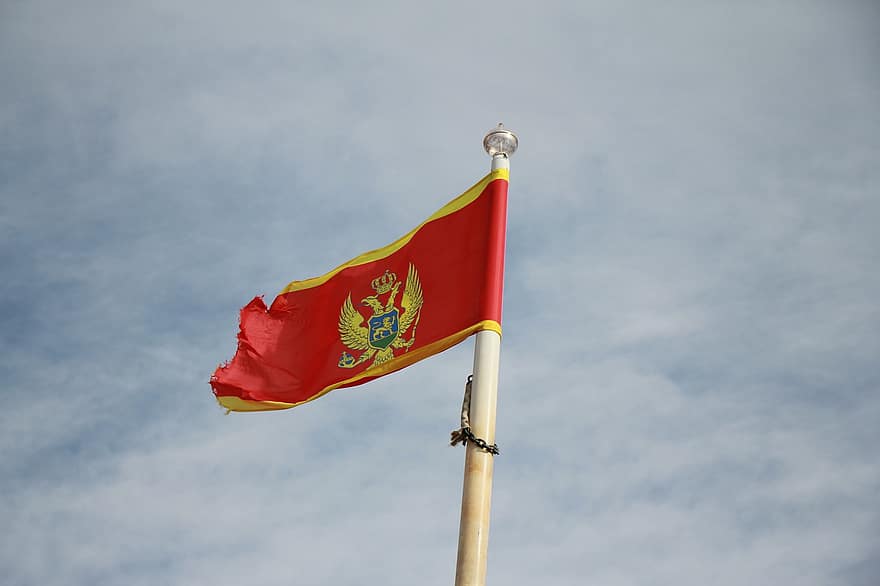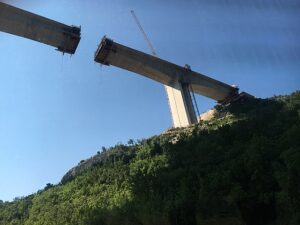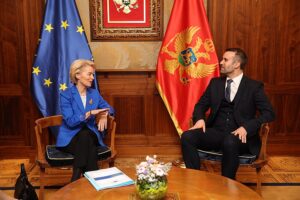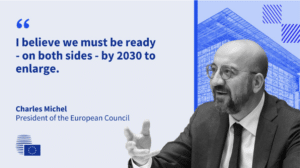On the 30th of August, the citizens of Montenegro will vote at the fifth parliamentary elections since the country declared independence from Serbia. Furthermore, it will be the third election to take place in the Western Balkans following the outbreak of the COVID-19 pandemic and the subsequent wave of election postponements. Serbia and North Macedonia have already held elections, with varying degrees of mitigation measures and special procedures put in place to assure voter safety. To date, Montenegro is facing a resurgence of COVID-19 cases, and concern over the safety of elections is growing.
Pre-elections polls and expectations
Unlike other countries in the region, which have experienced one or more changes of government over the past 30 years, Montenegro remains the only country to be dominated for decades by one party – the Democratic Party of Socialists (DPS) and its leader, incumbent President Milo Djukanovic.
Five parties and six coalitions will compete for votes. The list of the ruling DPS is led by the current Prime Minister Dusko Markovic. On the opposite side are four opposition blocs, two larger coalitions, one gathered around the predominantly pro-Serbian Democratic Front and the other led by the Democrats and the pro-Montenegrin Social Democratic Party (SDP) and the United Reform Action (URA).
The only publicly announced public opinion poll by the Center for Democracy and Human Rights (CEDEM) in Podgorica suggests that the elections could be the most uncertain so far.
According to the research the DPS has 35.3% of citizens’ support, which is one of their weakest ratings ever. The DF-led coalition is in second place with 25.9%, and the DCG-led block in third place with 15.5%. If the polls are accurate, no single party or coalition block will be able to form a government.
Other notable parties likely to achieve a 3% threshold to enter parliament are URA and the Social Democratic Party of Montenegro (SDP), with 7.5% and 3.1% respectively. Minority parties such as the Bosniak Party and New Democratic Force, to which the threshold does not apply, will also get seats in parliament.
CEDEM researcher Milos Besic points out that Democratic Front made a right decision by putting university professor Zdravko Krivokapic as a ballot carrier. This prevented the DPS from running a negative campaign against traditional DF leaders.
Second, the analyst says, two key lists with a pro-Serbian sign – coalitions around the DF and the Democrats, bring together a different demographic electorate and integrate smaller parties, leaving no scattered votes.
Journalist Biljana Matijasevic believes that the government has a better chance of winning since it has an institutional advantage and continuously misuses state resources for election purposes. A significant advantage for the government is the control over the voter list. In the previous elections, nongovernmental organizations have detected thousands of phantom voters on the electoral roll, as well as voters who had been registered twice and deceased voters.
“It is unrealistic to expect that these elections will be fair, having in mind protests against the Law on Freedom of Religion, unsuccessful reform of the election legislation, usage of the coronavirus to ban gatherings, arrests due to alleged violations of anti-infection measures,” concludes Matijasevic.
Law on Freedom of Religion
Montenegro continues to suffer from political polarization, as the country’s political parties define themselves by their pro-Western or pro-Serbian/Russian orientations. National identity will play a large role in the elections, especially following the passage of the controversial Law on Freedom of Religion. The Law stipulates that the state becomes the owner of all religious buildings that were built until December 1918, if religious communities do not prove ownership over them. Serbian Orthodox Church claims that the law will lead to nationalization of church property. The Law has led to protests by thousands of Serbian Orthodox community members since the beginning of the year.
The sparks between the government and the Serbian Orthodox Church lit up in the pre-election campaign in the previous days after the Metropolitan of Montenegro, Amfilohije, publicly called on the citizens to vote against the government. President Djukanovic told him that he would win the elections against all parties, including those that have a church in their composition.
Sources: DW 1, DW 2, Euractiv, European Western Balkans, Balkan Insight,
Photo: Pikist



